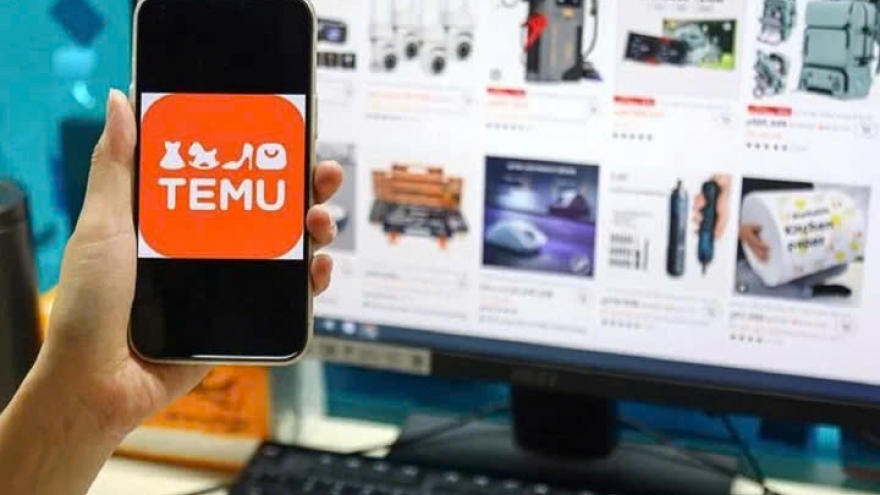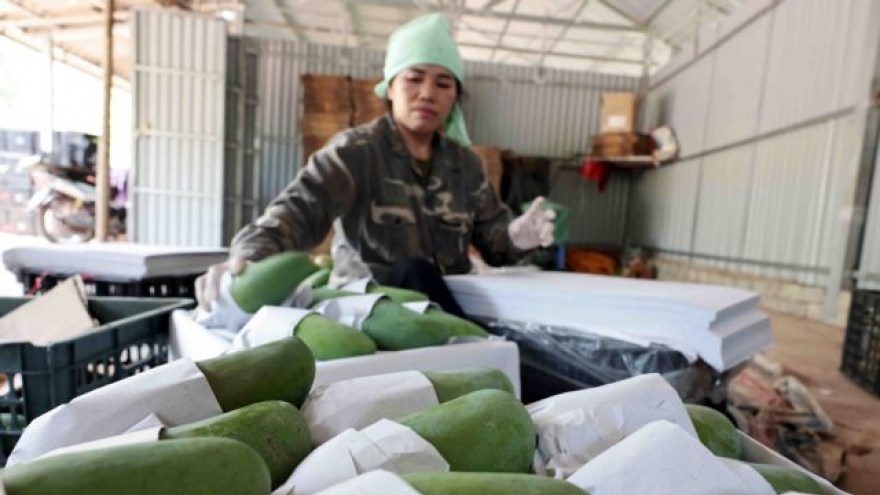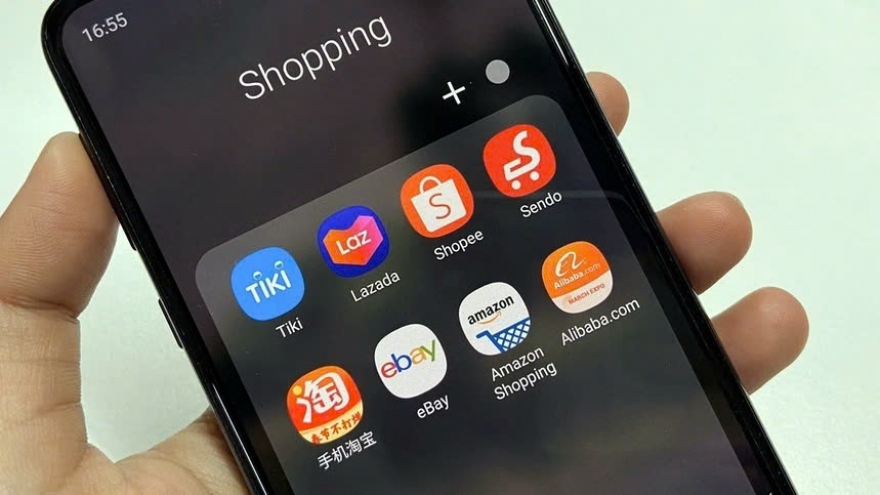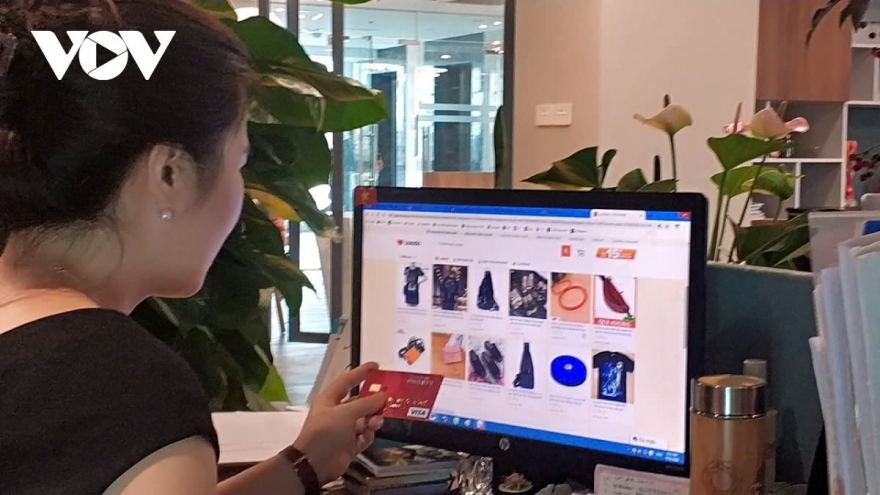Tag: E commerce platforms

Temu refunds customers in Vietnam after ceasing operations
VOV.VN - Temu, a major cross-border e-commerce platform of China, said that it has refunded customers in Vietnam on request of the Ministry of Industry and Trade, after deciding to cease operations in the market.

E-commerce platform Temu suspends operations in Vietnam
The cross-border e-commerce platform Temu has suspended its operations in Vietnam as per requests from the Ministry of Industry and Trade (MoIT).

Virtual booths open new doors for Vietnamese farm produce in China
The Agricultural Trade Promotion Centre (Agritrade) under the Ministry of Agriculture and Rural Development has officially launched a booth for Vietnamese agricultural products on Chinese e-commerce platforms and social media, marking a significant step in expanding market access.

Foreign e-commerce platforms to pay tax on behalf of sellers in Vietnam
VOV.VN - E-commerce platforms, both domestic and foreign, will handle the tax obligations for individuals and businesses that sell goods and services through their platforms in Vietnam as of January 1, 2025, according to legislation adopted at the National Assembly’s ongoing session in Hanoi on November 29.

E-commerce connection and development forum to be held
The E-commerce Connection and Development Forum 2024 on the theme 'Cross-border e-commerce: Export opportunities for Vietnamese products' will be launched in Hanoi on November 26 by the Department of E-commerce and Digital Economy under the Ministry of Industry and Trade.

Vietnamese e-commerce platform revenues fall in third quarter
Vietnamese e-commerce platforms’ revenues fell significantly in the third quarter of this year, while foreign platforms saw considerable expansion, according to a recent report by e-commerce data company Metric.

Vietnam to use AI technology to monitor e-commerce platform operations
VOV.VN - Deputy Prime Minister and Minister of Finance Ho Duc Phoc said on November 5 that artificial intelligence (AI) will be used to monitor and manage revenue, transactions, and sales activities on e-commerce platforms.

Vietnamese firms increase competitiveness to cope with foreign rivals
A wave of cheap goods on Chinese e-commerce platforms, such as Taobao, 1688, Shein and Temu, has forced Vietnamese businesses to enhance their competitiveness in the domestic market.

Temu yet to register for operation in Vietnam
VOV.VN - Temu, an online marketplace operated by the Chinese e-commerce company PDD Holdings, has yet to register to operate in Vietnam, said the E-Commerce and Digital Economy Agency.

Seminar seeks to expand exports via international e-commerce platforms
VOV.VN - A consultative seminar was held on October 17 in Hanoi to unveil the research titled “E-Commerce Trends in the World and Implications for EU-Vietnam Trade” amid the presence of experts, business representatives, and policy makers.
